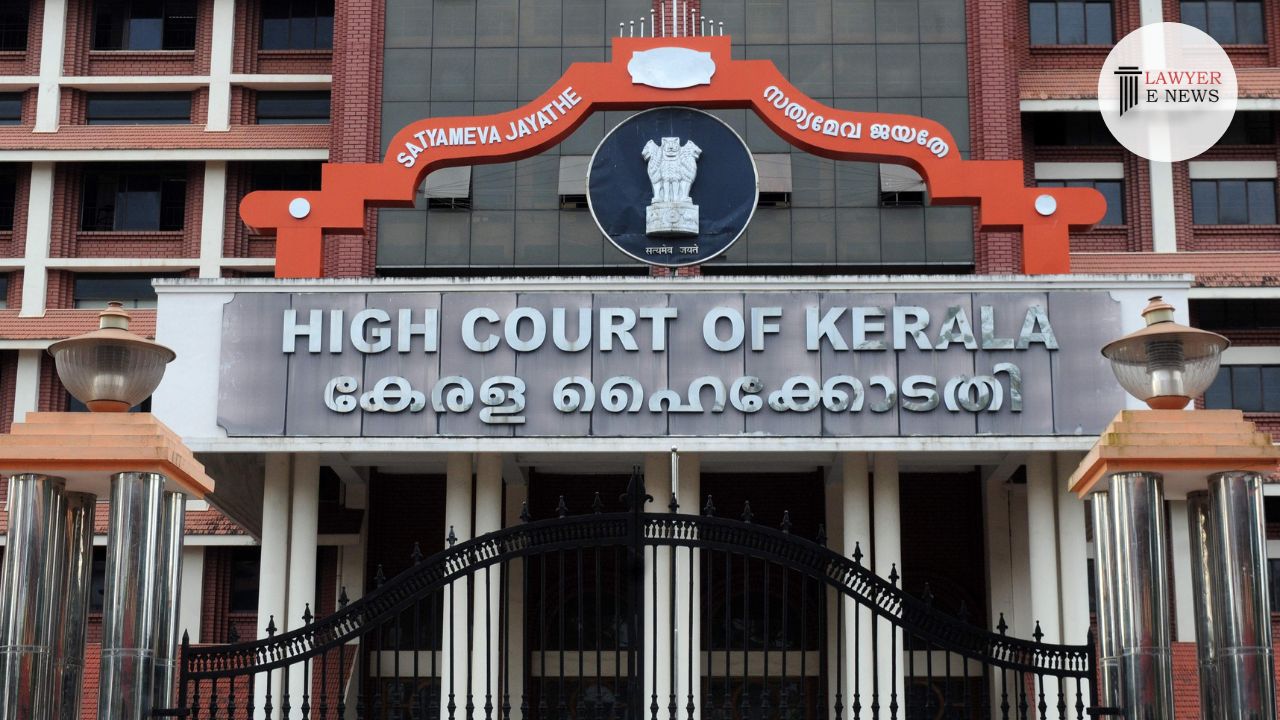-
by sayum
14 February 2026 2:22 PM



In a significant ruling that underscores the principles of reasonable bail conditions, the Kerala High Court, presided over by Justice Bechu Kurian Thomas, delivered a landmark judgment in the case of Crl.M.C.No.10916 of 2023. The Court addressed the hardships faced by an accused, Venugopal, who is involved in a staggering 1726 crimes, primarily under sections 406 and 420 of the IPC and Section 21 of the Banning of Unregulated Deposit Act, 2019.
Highlighting the essence of the judgment, Justice Thomas observed, "Insisting on separate sureties for 1726 cases can render the said condition incapable of performance, and the liberty of the petitioner may remain a mirage." This observation came in the context of Venugopal's inability to produce different sureties for each of the cases registered against him, a requirement that had made his bail practically unattainable.
The Court delved into the legalities of bail bonds under Sections 440, 441, and 443 of the Cr.P.C., emphasizing that the purpose of sureties is merely to ensure the accused's presence during the trial. Justice Thomas remarked, "The surety only guarantees the presence of the accused during trial and not for any money due from the accused." This statement reiterates the Court's stance that linking the quantum involved in the crime with the surety bond is legally untenable.
Furthermore, the judgment brought relief to prisoners in terms of court fees for their petitions. Referring to Section 72(xiii) of the Kerala Court Fees and Suits Valuation Act, 1958, the Court clarified that petitions filed by prisoners are exempt from court fees, a significant relief for incarcerated individuals seeking legal recourse.
In a decisive conclusion, the Court directed that the courts dealing with Venugopal's bail applications in the numerous crimes against him should not insist on separate sureties for each case. As long as the surety is solvent and inspires the confidence of the courts, it suffices for multiple cases.
Date of Decision: 16th January 2024
VENUGOPAL VS STATE OF KERALA
